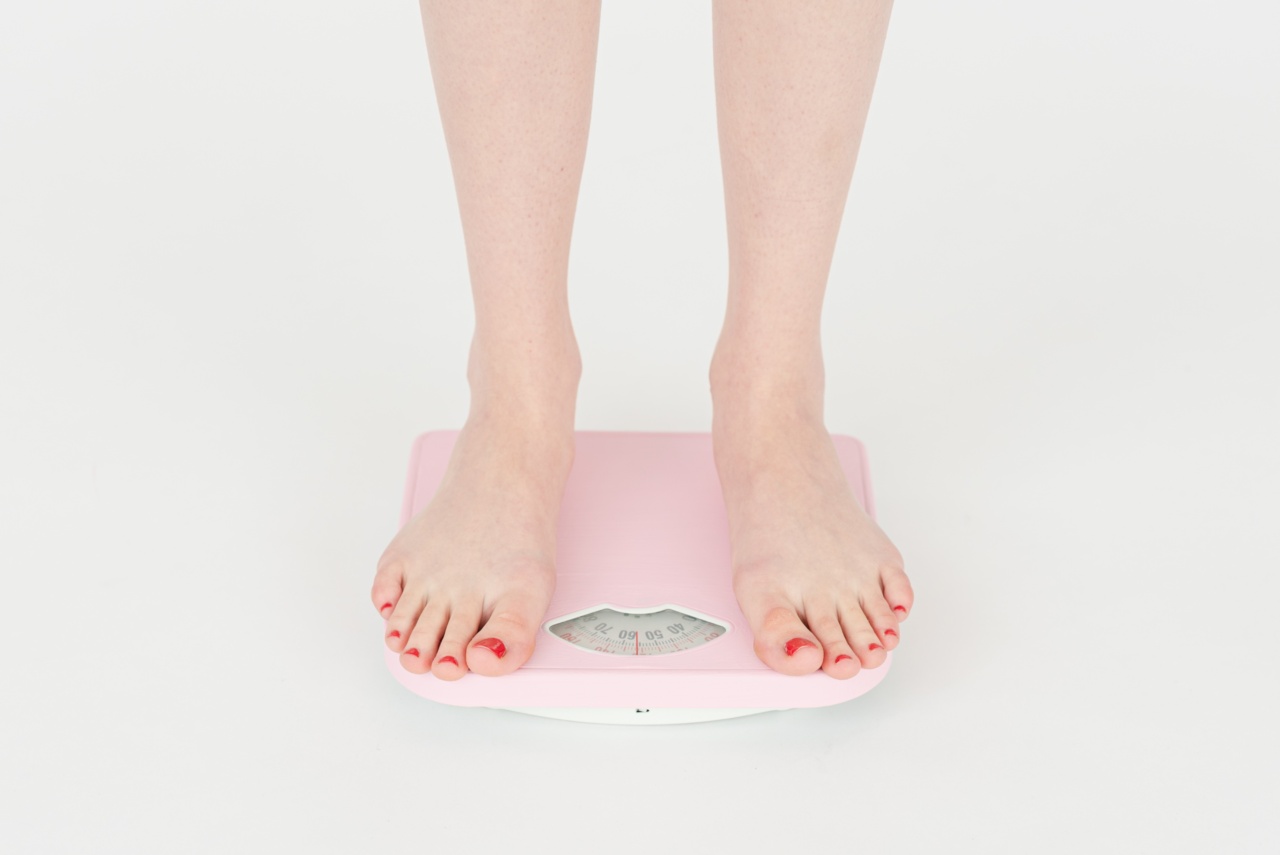High blood pressure is a significant health problem that affects millions of people worldwide. It is a silent killer that can cause severe medical conditions such as heart disease, kidney failure, and stroke.
If you suspect that you may have high blood pressure, it is important to monitor your symptoms regularly. This article will explain the symptoms, causes, and treatments of high blood pressure. We will also provide pictorials to help you understand the indications of high blood pressure that you should monitor.
Symptoms of High Blood Pressure
High blood pressure is often referred to as the ‘silent killer’ because it typically does not cause symptoms until it is too late. However, there are some indicators of high blood pressure that you should be aware of.
The following signs and symptoms may be present in people with high blood pressure:.
Headaches
One of the most common signs of high blood pressure is headaches. These headaches typically occur at the back of the head and are often worse in the morning. If you experience frequent headaches, it is essential to monitor your blood pressure levels.
Dizziness
Dizziness can be a sign of high blood pressure. If you feel lightheaded, dizzy, or like you are about to faint, it may be an indication of high blood pressure. If you experience these symptoms, it is crucial to speak to a doctor.
Nausea and Vomiting
If you experience nausea and vomiting, it may be a sign of high blood pressure. High blood pressure can cause damage to the blood vessels, which can lead to gastrointestinal symptoms like nausea and vomiting.
Chest Pain
Chest pain is another symptom of high blood pressure. If you experience pain, pressure, or tightness in the chest, it could be a sign of high blood pressure. These symptoms should not be ignored, and you should seek medical attention immediately.
Fatigue
If you feel tired or fatigued all the time, it may be an indication of high blood pressure. High blood pressure can cause damage to the blood vessels, which can lead to fatigue or weakness.
Causes of High Blood Pressure
High blood pressure can be caused by a variety of factors. The following factors can contribute to high blood pressure:.
Genetics
High blood pressure can be hereditary. If members of your family have high blood pressure, there is a good chance that you may also develop the condition.
Poor Diet
A diet that is high in salt, fat, and sugar can lead to high blood pressure. Eating a balanced diet that is rich in fruits and vegetables can help prevent high blood pressure.
Obesity
Being overweight or obese can increase your risk of high blood pressure. Losing weight through a healthy diet and regular exercise can help lower blood pressure.
Inactivity
Physical inactivity can also contribute to high blood pressure. Regular exercise can help lower blood pressure, reduce stress, and improve overall health.
Smoking and Alcohol Consumption
Smoking and alcohol consumption can also contribute to high blood pressure. Quitting smoking and reducing alcohol intake can help lower blood pressure.
Treatment for High Blood Pressure
The following treatments can help manage high blood pressure:.
Lifestyle Changes
Lifestyle changes such as a healthy diet, regular exercise, and stress reduction can help lower blood pressure.
Medication
If lifestyle changes are not enough, medication may be prescribed to help manage high blood pressure. It is essential to take medication as directed by a doctor.
Monitoring Blood Pressure
Regular monitoring of blood pressure levels can help manage high blood pressure. People with high blood pressure should monitor their blood pressure levels at home using a blood pressure monitor.
Conclusion
High blood pressure is a significant health problem that can lead to severe medical conditions. It is important to monitor your blood pressure levels regularly and be aware of the signs and symptoms of high blood pressure.
If you experience any of the symptoms described in this article, it is essential to seek medical attention immediately.






























